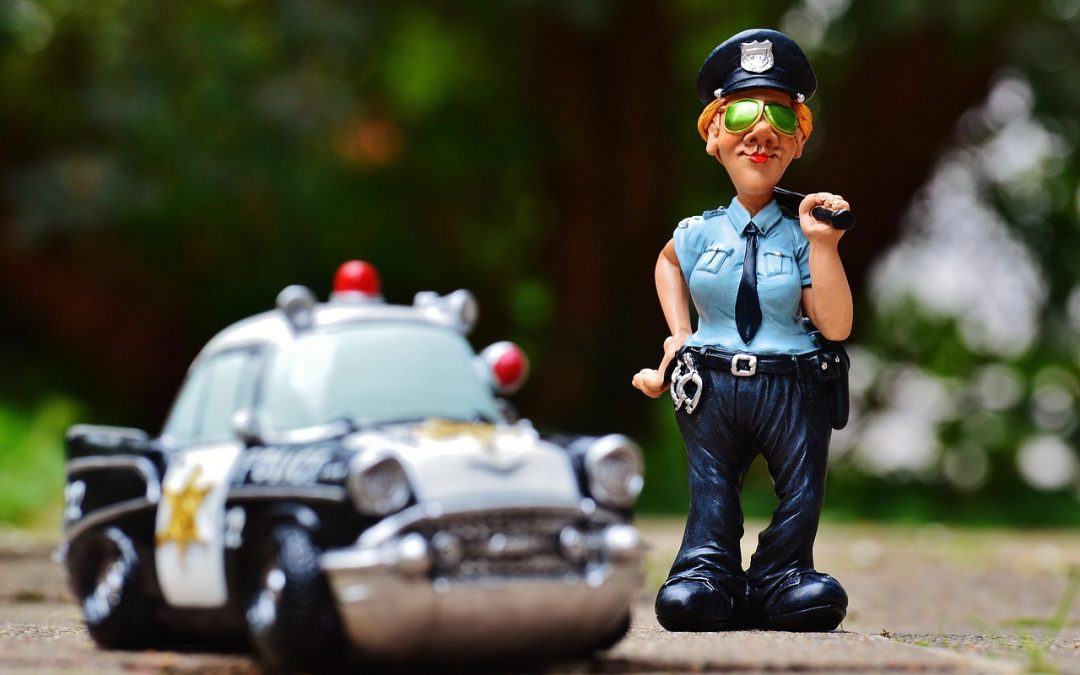As our world becomes increasingly digitized, it’s no surprise that citizen recordings have become a crucial aspect of documenting interactions with law enforcement. Whether it’s a traffic stop or a pedestrian encounter, having a recording of the event can be a vital tool in ensuring accountability and transparency. But, a crucial question remains: are these citizen recordings admissible in court?
Understanding the Legal Landscape
In the United States, the admissibility of citizen recordings in court is largely determined by the Fourth Amendment, which safeguards against unreasonable searches and seizures. The key to understanding admissibility lies in the concept of “expectation of privacy.” In essence, if an individual has a reasonable expectation of privacy in a given situation, any recording of that situation may be deemed inadmissible in court. However, if an individual is in a public space, such as a park or on the sidewalk, they generally have a lower expectation of privacy, making recordings more likely to be admissible>
Practical Tips for Recording Police Interactions
When it comes to recording police interactions, it’s essential to prioritize safety and de-escalation:
- Be aware of your surroundings and ensure you’re in a safe location to record.
- Avoid confrontations or arguments with law enforcement, as this can escalate the situation.
- Keep your recording device in plain sight to avoid any potential concerns about hidden recordings.
- If asked to stop recording, politely inform the officer that you’re exercising your First Amendment right to document the encounter.
- Remain calm and composed, as any signs of aggression or disrespect can be used against you in court.
The Importance of Consent and Warrant Requirements
It’s essential to understand that, in some cases, law enforcement may require your consent to search your device or access the recording itself. Unless you’re in a situation where a warrant has been issued, it’s crucial to remember that you have the right to consent to a search. Always politely decline, stating that you’d like to consult with a lawyer before providing any access.
“The right to be left alone – the most comprehensive of rights and the right most valued by civilized men.” – Justice Louis Brandeis
In conclusion, it’s vital to remember that, while citizen recordings can be a powerful tool in promoting accountability, it’s equally important to prioritize safety and de-escalation in these interactions. By staying informed about local laws and regulations governing police interactions, you can effectively assert your rights while maintaining a safe and respectful environment for all parties involved.
The information at Observed.Org may not pertain to every jurisdiction. It is YOUR responsibility to know your rights and observe them. Nothing here should be considered legal advice.

